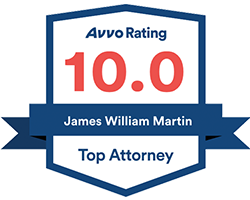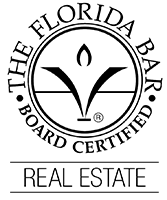When Is A Car Not An Asset But A Liability?
Putting your name on the title to a car, truck or other motor vehicle in Florida makes you personally liable for the negligence of the driver. The dangerous instrumentality doctrine extends liability of the driver to become personal liability of every owner of the vehicle. This should give pause to parents before putting their names on car titles for children. And it also means that spouses should title their vehicles only in the name of the spouse who is the prinicipal driver. Otherwise, if the vehicle is not insured or if the damages exceed the insurance limits, then an injured plaintiff could recover the damages from the vehicle owners even if they were not driving the vehicle.
This is not a new law. It has been around almost a hundred years. “Adopted in 1920, Florida’s Dangerous Instrumentality Doctrine imposes strict vicarious liability upon the owner of a motor vehicle who voluntarily entrusts that motor vehicle to an individual whose negligent operation causes damage to another.” This is how the Florida Supreme Court described the doctrine in an opinion it wrote in 2000 in Aurbach v. Gallina, a case where an 18 year old driver allegedly caused an accident with a vehicle owned by her mother. In that case, the injured plaintiff also sued the driver’s father on a theory that both parents should be liable as the ones who made it possible for their child to have the vehicle in the first place. (The court decided that, because the father’s name was not on the vehicle’s title, he was not liable.)
So, while a motor vehicle costs lots of money, it’s not really an asset. It’s really a liability.






